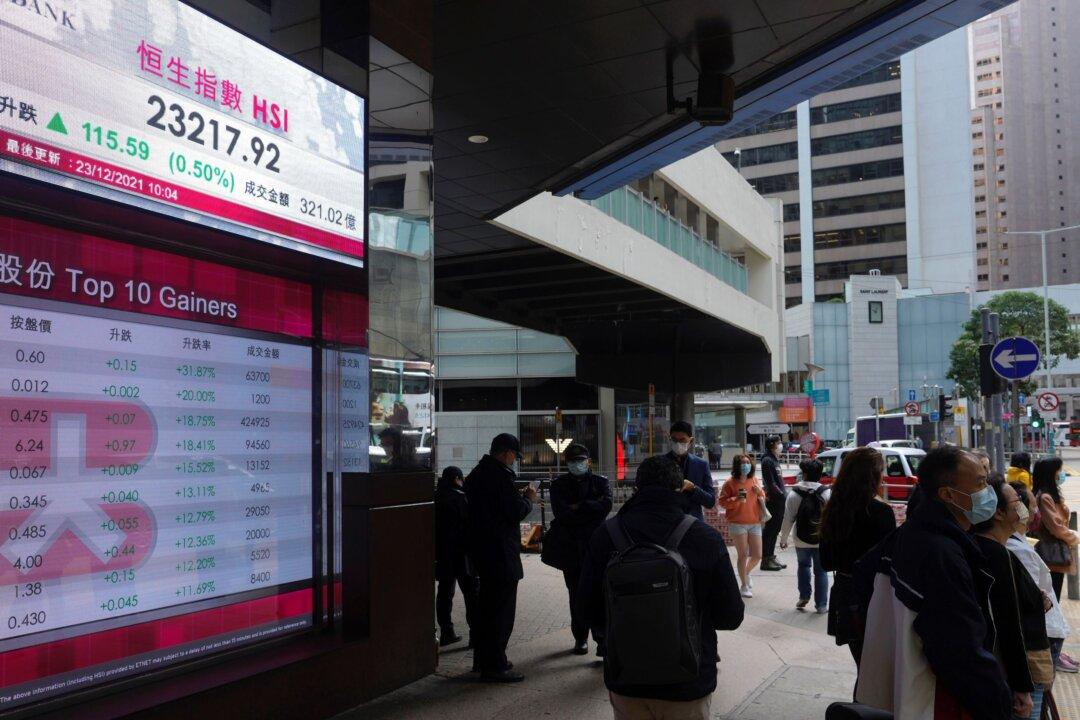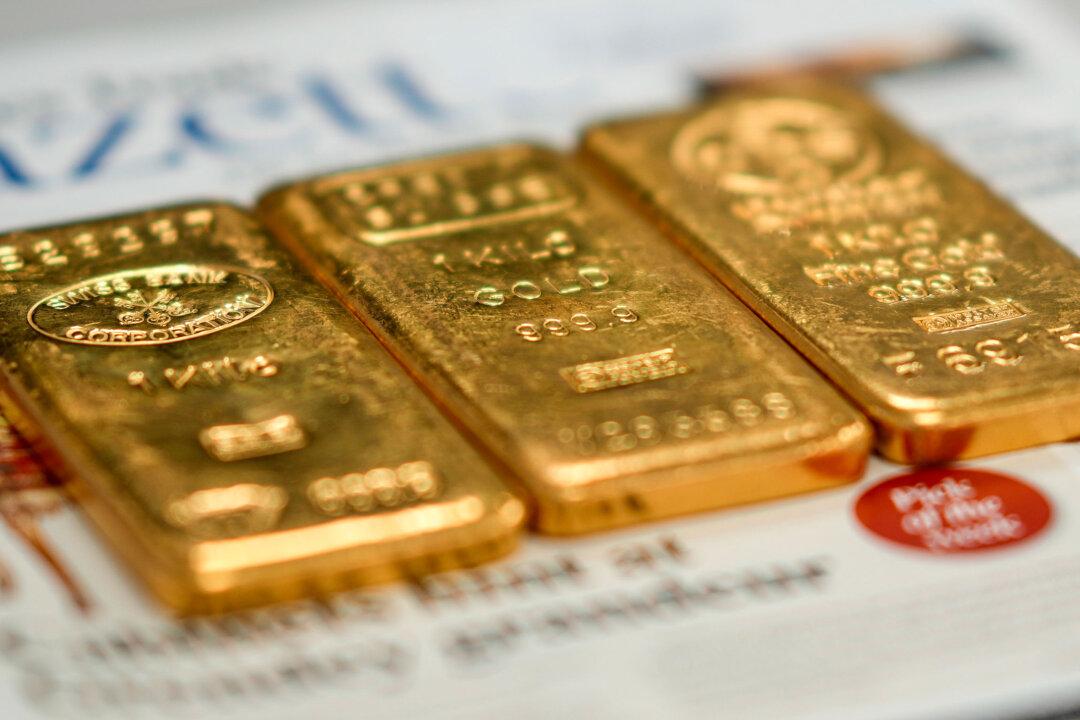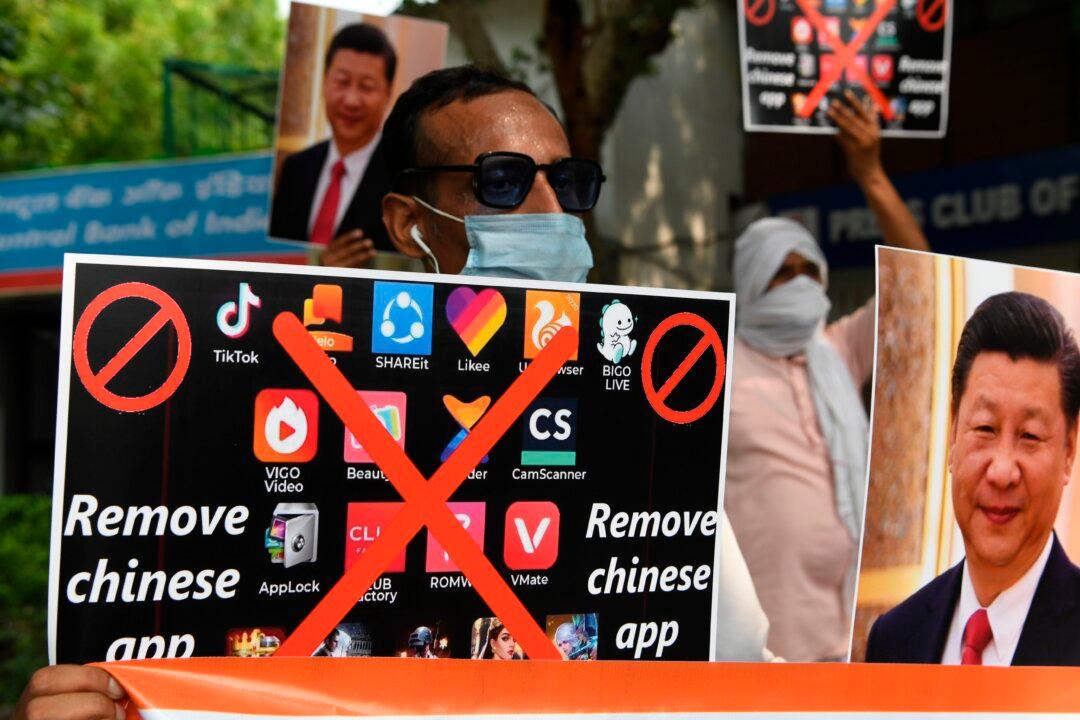In August, a large amount of RMB flowed into Hong Kong, bringing Hong Kong’s RMB deposits close to 1 trillion yuan (about $139 billion). On the other hand, the foreign exchange fund of Hong Kong, which is used to stabilize the Hong Kong dollar exchange rate and serves as the government’s fiscal reserve, experienced a drop of HK$35.8 billion (about US$4.57 billion) in August.
One financial analyst pointed out that these figures indicate a large outflow of capital from Hong Kong.





